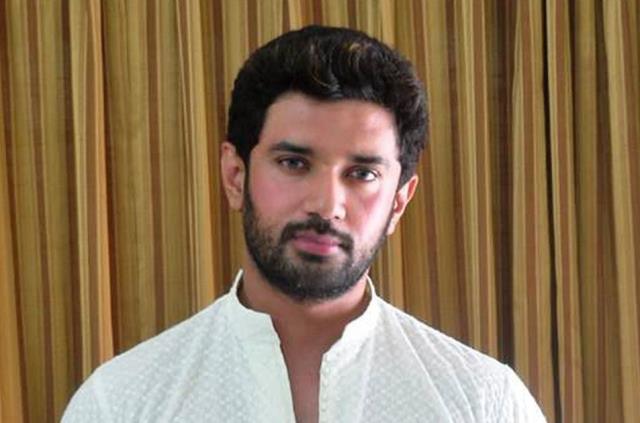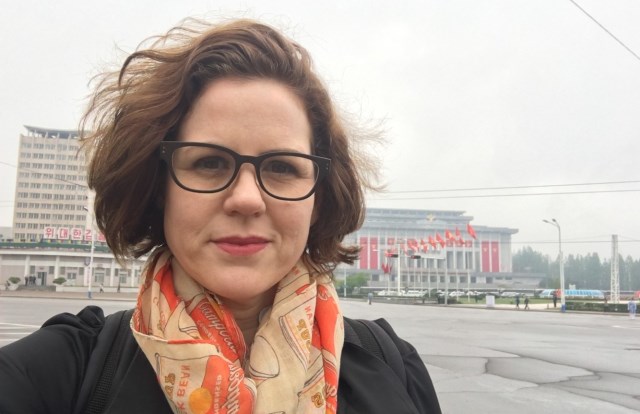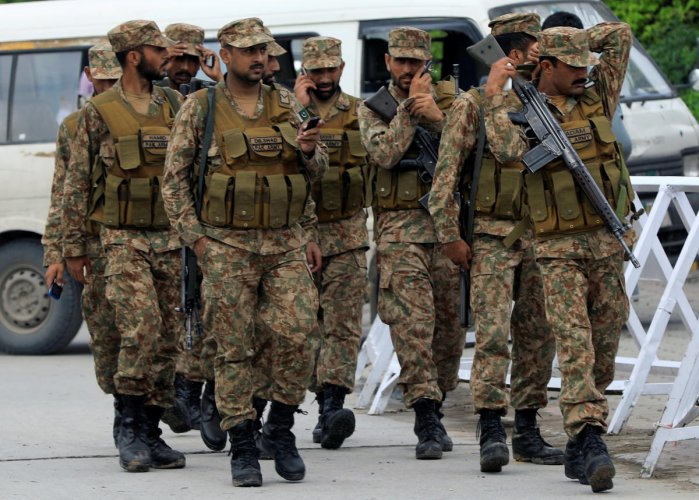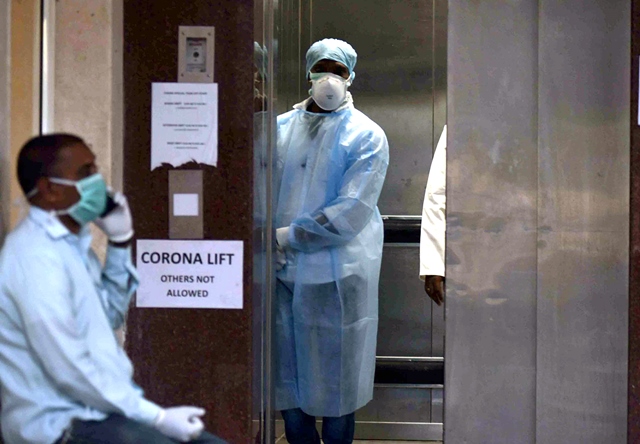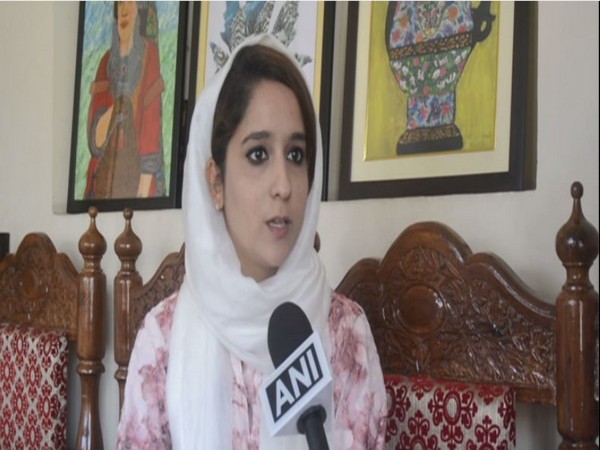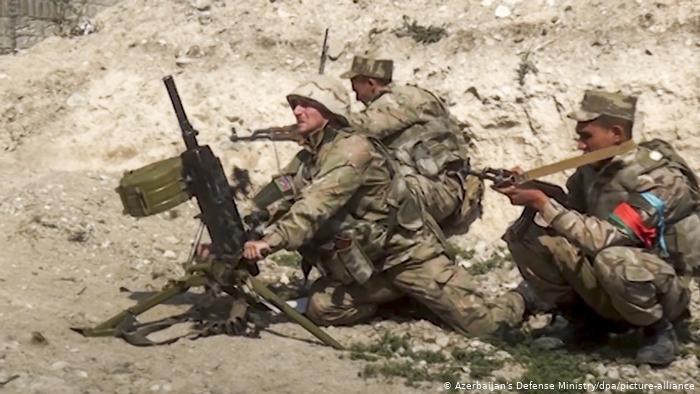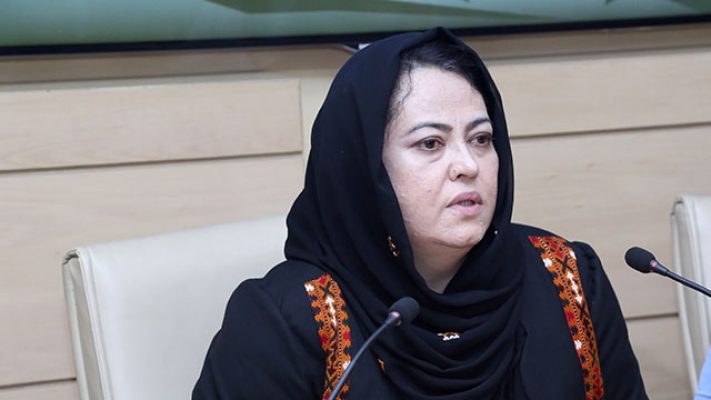India’s COVID-19 tally crossed the 60-lakh mark with a spike of 82,170 new cases and 1,039 deaths reported in the last 24 hours, according to the Union Health and Family Welfare Ministry on Monday.
As per the Ministry, India’s tally stands at 60,74,703 including 9,62,640 active cases.
The number of cured and discharged or migrated patients is currently at 50,16,521, apart from 95,542 deaths due to the disease.
With 10 lakh recoveries in just 11 days, India’s total recoveries crossed 50 lakh-mark on Monday.
“India’s total recoveries cross the landmark milestone of 50 lakh. The rise from 1 lakh in June ’20 has been steep. The last 10 lakh recoveries were added in just 11 days,” said Union Ministry of Health and Family Welfare.
The ministry also said that recovered cases have outpaced active cases by over five times.
“India has witnessed a very high level of more than 90,000 recoveries every day recently. Recovered cases have outpaced active cases by more than 5 times,” it said.
“The commendable feat has been achieved through enhanced medical infrastructure, implementation of the standard treatment protocol, full dedication, and commitment of doctors, paramedics, and frontline workers,” the ministry said in a series of tweets.
Maharashtra continues to be the worst affected by the pandemic with and reported 11,921 new COVID-19 cases, 180 deaths due to the viral infection on Monday. “Total cases in the state rise to 13,51,153, including 35,751 deaths and 10,49,947 discharges. The state has 2,65,033 active cases currently,” said Public Health Department, Maharashtra.
Karnataka with 1,04,048 active cases is the next on the list. While 4,69,750 patients have been cured in the state, the disease has claimed 8,641 lives so far. The total COVID-19 tally of Karnataka reached 5,82,458 today.
Meanwhile, Tamil Nadu reported 5,577 new COVID-19 cases, taking the total tally of the state to 5,86,397 cases. According to the state control room, Tamil Nadu reported 70 deaths today, taking the toll in the state due to Coronavirus to 9,383. Tamil Nadu currently has 46,306 active COVID-19 cases, and 5,30,708 people have recovered from the viral infection.
Andhra Pradesh which is also severely affected by Coronavirus reported 5,487 fresh COVID-19 cases and 37 deaths on Monday. “The total number of positive cases in the state is 6,81,161 including 63,116 active cases, 6,12,300 recoveries and 5,745 death” Andhra Pradesh Government said.
Kerala which was the first Indian state to report a COVID-19 case, recorded 4,538 new Coronavirus cases, and 20 deaths today, taking the total number of positive cases in the state to date to 1,79,922. The state has reported 697 deaths so far. The test positivity rate in the state is 12.59 per cent.
The National Capital Delhi reported 37 deaths and 1,984 fresh positive cases in the last 24 hours. As per the Delhi Health Department, the total number of COVID-19 cases now stands at 2,73,098 including 2,40,703 recoveries, 27,123 active cases, and 5,272 deaths.
As many as 2,112 new COVID-19 cases, and 15 deaths were reported in Rajasthan today. “The total number of positive cases rose to 1,30,971 to date, including 20,043 active cases, 1,08,476 discharged cases and 1,456 deaths,” said the State Health Department.
According to the Indian Council of Medical Research (ICMR), 7,19,67,230 samples have been tested up to September 27 for COVID-19.
Out of these 7,09,394 samples were tested on Sunday. (ANI)
